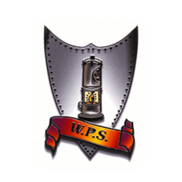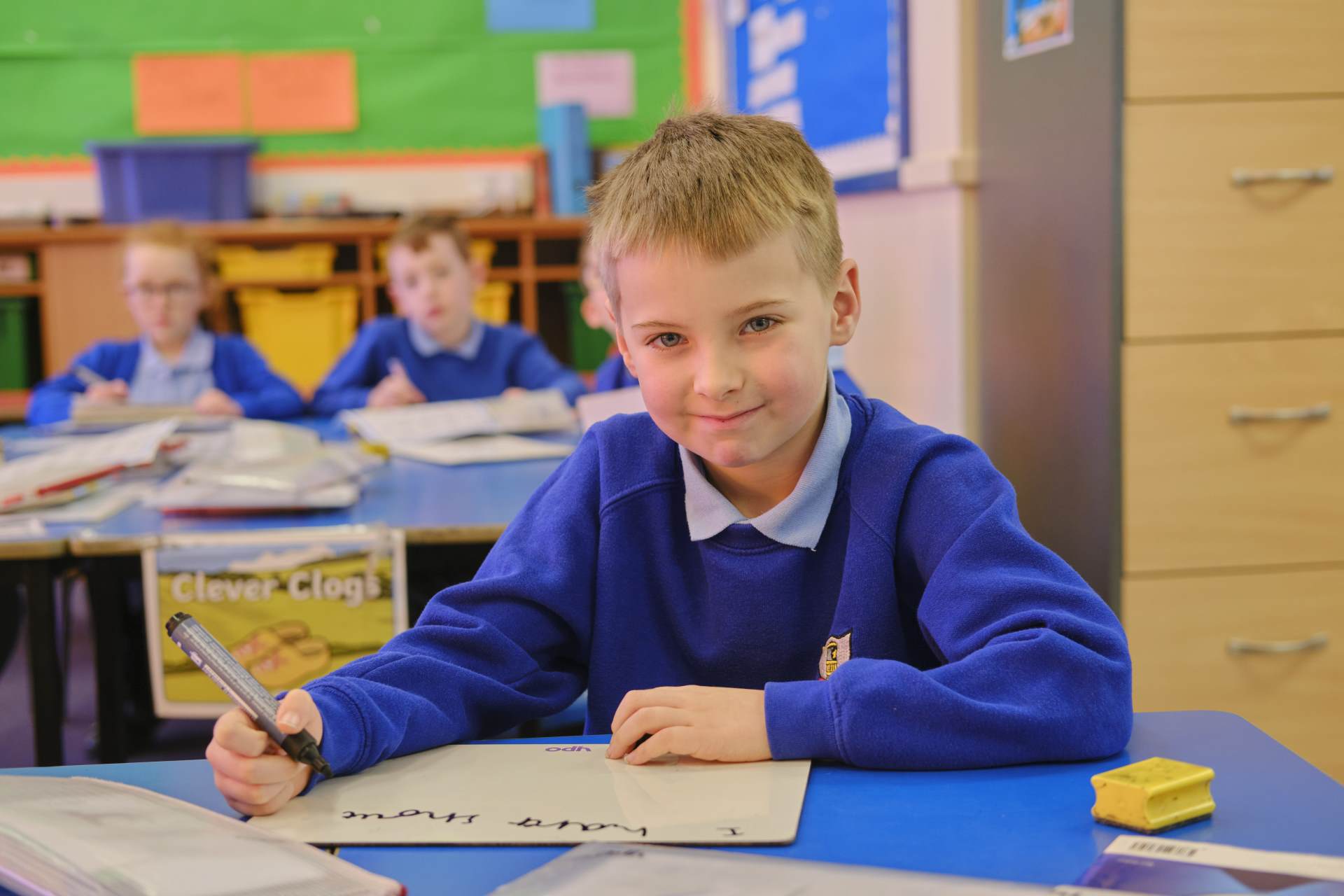Writing
At Wardley Primary School, we intend to create confident and purposeful writers, who have good knowledge of different writing purposes and good awareness of audience needs. We aim to support and guide children to build the necessary skills and writing techniques that they need to become independent and effective writers.
As they progress through school, the children of Wardley Primary School are immersed in a carefully planned range of genres and, with each one, build understanding of
- the purpose for the writing
- the intended impact of grammar and writing techniques
- the effect of vocabulary choice on the readers’ thoughts and feelings and
- how to write effectively
We set high expectations for our learners and challenge them to improve their writing as they move through a unit of work. We do this by providing clear feedback that supports the children to write accurately (correcting errors) and to edit their content for quality. We want our learners to be thoughtful writers who have high expectations for themselves and take pride in their writing.
Click the link below to see the long term overview for writing.
Writing is a key focus area for our school and the teaching of writing follows the same journey across Year 1 to Year 6 and is outlined below:
|
Writing Journey |
Examples |
|
1. Hook Lesson |
Clues left around classroom/ school/ outdoor areas, unexpected parcels delivered, role play area changed, leaflets to explore around a theme, watch a short film. |
|
2. Introduce, read and explore book, information, poem or film extract |
Read, perform and explore a variety of poems by Benjamin Zephaniah (Year 5&6). |
|
3. Introduce the genre/planned outcome and explore and identify the key features of the text type. LA toolkits are used to support this. |
Look at biography extracts and identify common features. Carry out tasks, using WAGOLLs, to begin to understand the important features. |
|
4. Practise the skills and grammatical features needed to be successful in the writing. Build up a bank of ideas to use within writing within this process. LA toolkits and WAGOLLs are used to support this. |
Plan activities to practise biographical skills: · Building a paragraph around a key event · Using subordinating conjunctions to explain an idea fully · Limiting opinions and focussing on facts · Using fronted adverbials for chronology · Choosing appropriate nouns and pronouns to avoid repetition · Using quotes to deepen understanding |
|
5. Plan writing, ensuring audience and purpose is considered throughout. |
Research and find out about Benjamin Zephaniah’s life and achievements. Organise facts chronologically and build up a bank of appropriate ideas e.g. suitable pronouns for Zephaniah and useful fronted adverbials. |
|
6. Produce first draft of writing. |
Teacher modelling and support. Children write a biography about the life and achievements of Benjamin Zephaniah. |
|
7. Edit, up level and redraft writing using a range of strategies e.g. CUPS, post-its, 1:1 with teacher, dictionaries |
Support children to edit, up level and redraft work in a number of ways. ‘Teach forward’ sessions if needed. |
- The number of days dedicated to each aspect of the journey is dependent on genre and determined by teachers throughout planning process.
- Writing journey is designed using EEF Improving Writing guidance documents.
The writing policy below outlines further the rational of writing across school.



